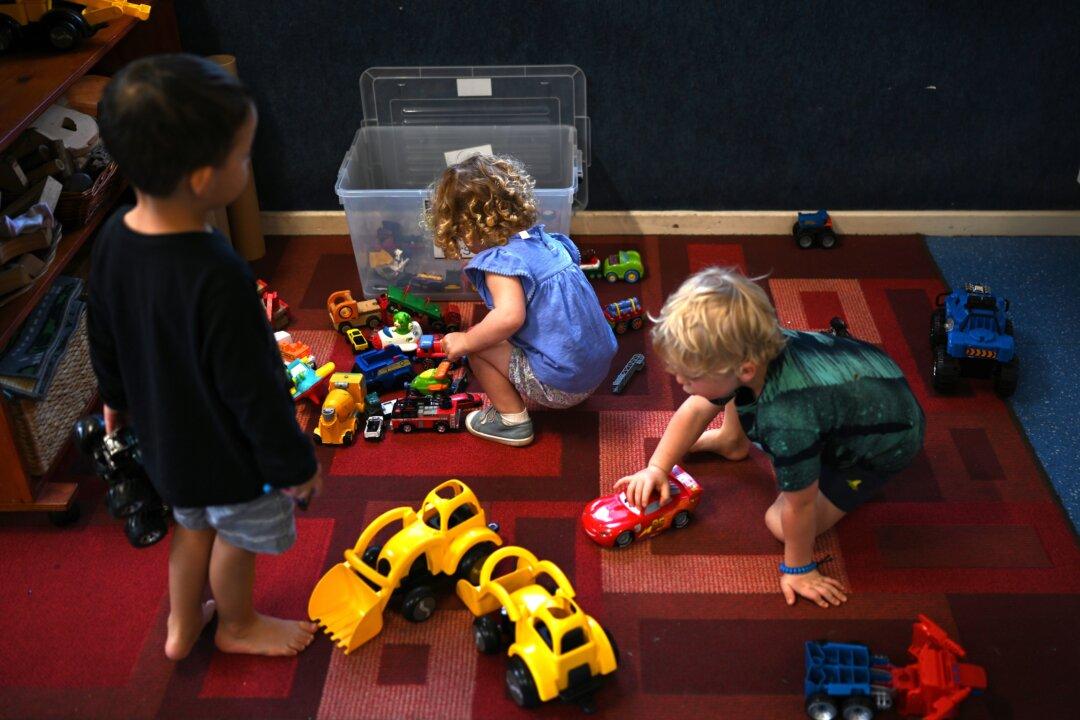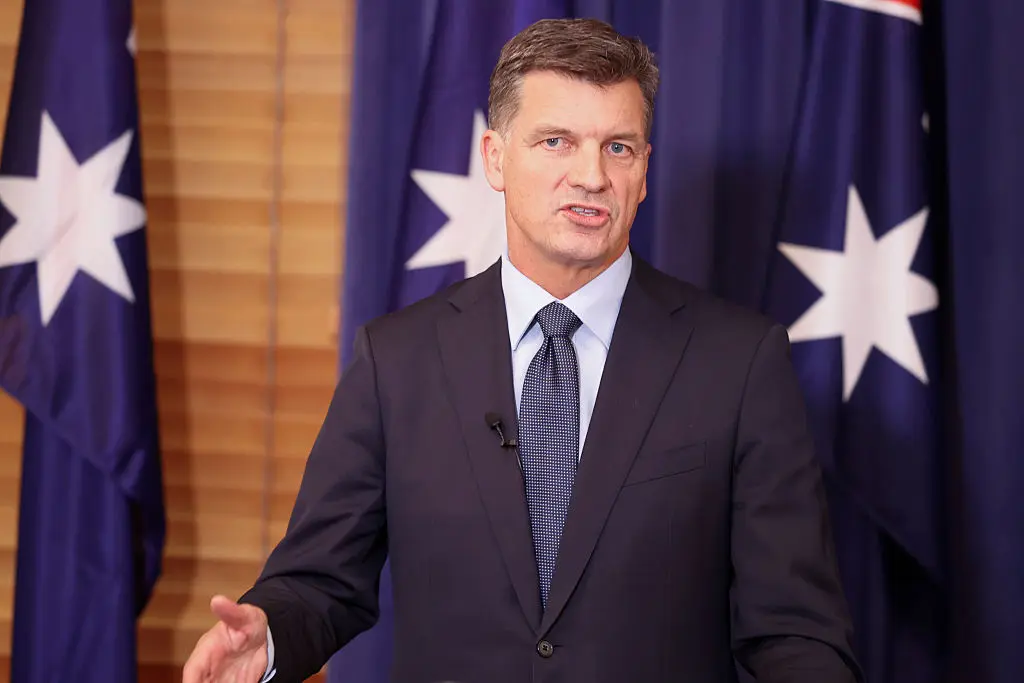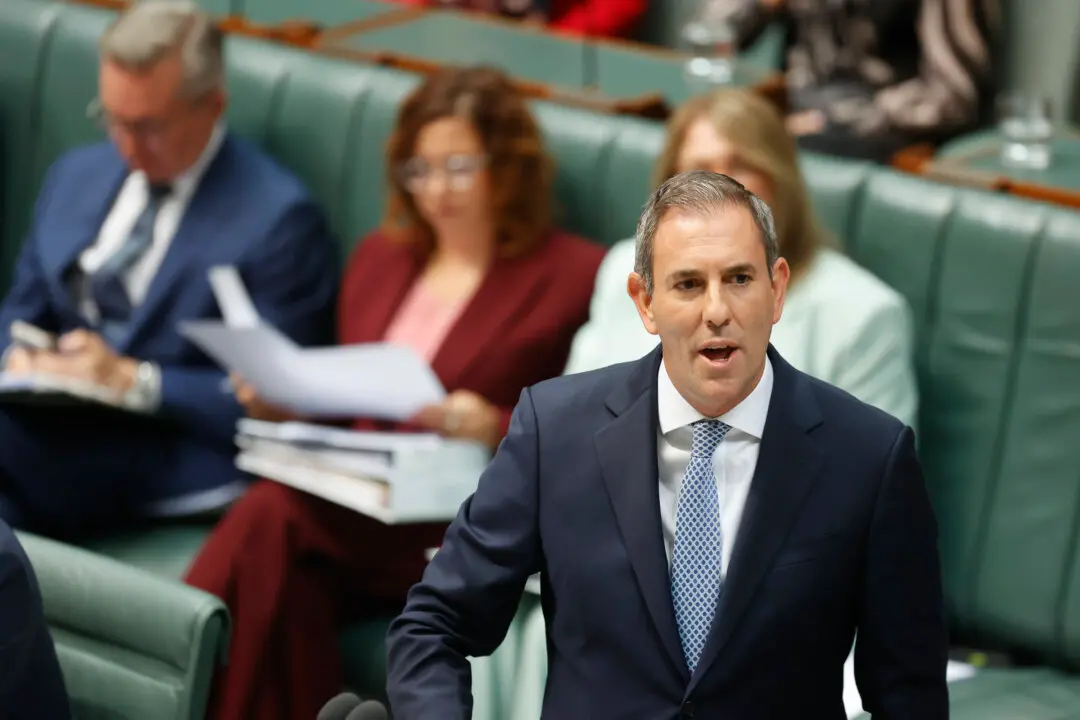Families earning under $530,000 a year will now be guaranteed three days of taxpayer-subsidised childcare per week, free from the previous “activity test,” after the legislation passed Parliament on Feb. 13.
Introduced by Minister for Early Childhood Ann Aly last week, the policy ensures a minimum of 72 taxpayer-subsidised hours of childcare per fortnight for lower-middle income families





